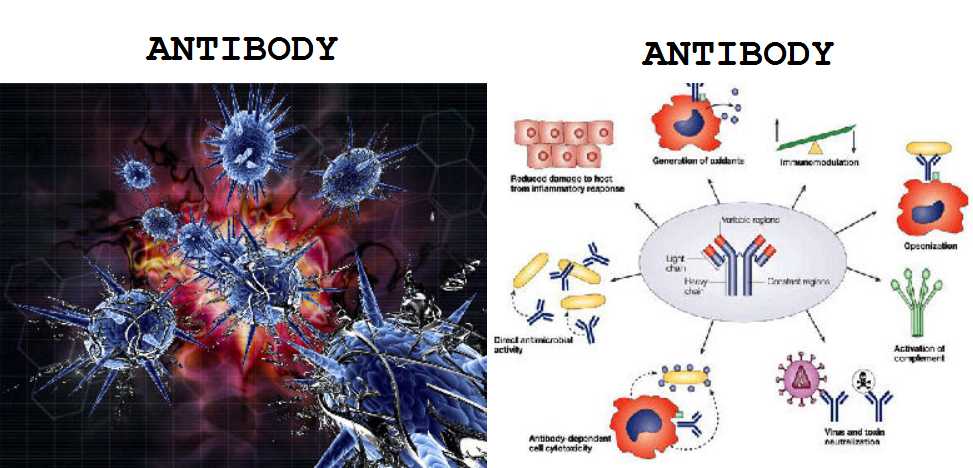236.WHAT IS AN ANTIBODY?
Bacteria are the most widespread creatures in the world. Everything we touch, every breath of air contains millions of them. About 80 per cent of all bacteria are harmless. A small percentage is actually useful to us, and a small group of them are harmful to human beings.
Since man is constantly taking in bacteria of all kinds, it is obvious that our body and these bacteria form a kind of “working” relationship. Our body supports colonies of bacteria and in turn these bacteria may perform useful functions, such as helping to decompose food.
But what about harmful bacteria which enter our body? For example, the bacteria that cause diphtheria produce a powerful poison called “diphtheria toxin,” which spreads through the blood system. Other bacteria, not so deadly, also produce poisons in our blood.
When this happens, our body produces substances to fight these poisons or toxins. These substances are called antibodies. Certain specific antibodies which are produced to fight bacterial toxins are known as antitoxins.
They have the power to nullify any harmful effect produced by the toxin by combining with it. Each antibody is specific for the substance or toxin which causes it to be produced. It’s as if the body had a big police force. As soon as a dangerous stranger enters, a policeman meets him and goes along with him to be sure he’ll do no harm.
But the body doesn’t produce enough antibodies to handle each kind of harmful bacteria that enters our body. Doctors then inject serum containing antitoxin to combat many diseases.



Leave a Reply